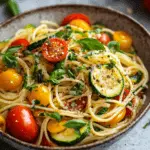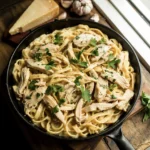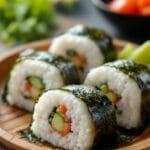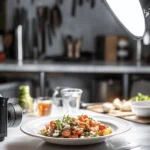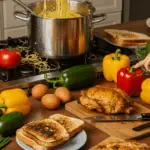Cooking is a valuable life skill that can save you money, improve your health, and even impress your friends and family. Whether you’re a beginner or someone looking to refine your technique, these seven essential skills will make cooking easier, more enjoyable, and more successful.
1. Knife Skills: Chop Like a Pro
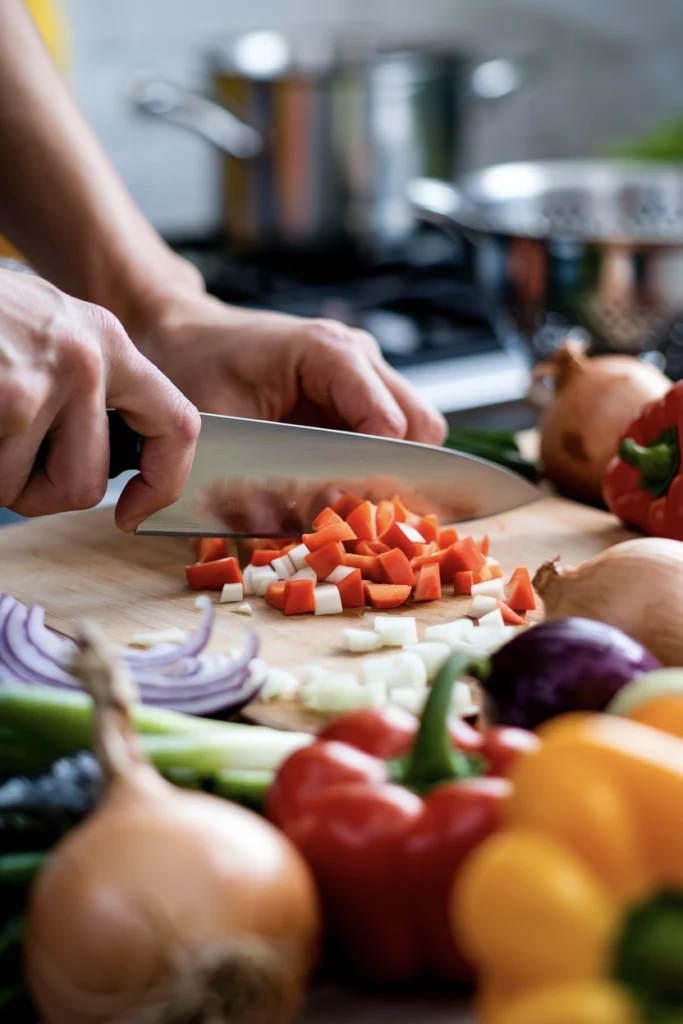
A good knife and proper technique can transform your cooking experience. Mastering basic knife skills will make meal prep faster, safer, and more efficient.
Key Knife Skills to Learn:
✔ How to Hold a Knife Properly – Grip the handle firmly and rest your index finger and thumb on either side of the blade for better control.
✔ The Rocking Motion – Move the blade up and down in a rocking motion to cut smoothly.
✔ Basic Cuts:
- Dice (small cubes) – Great for onions, carrots, and peppers.
- Julienne (thin strips) – Perfect for stir-fries.
- Chiffonade (thin ribbons) – Ideal for leafy greens like basil or spinach.
✔ Keep Your Knife Sharp! – A dull knife is more dangerous than a sharp one. Use a honing steel regularly and sharpen your knife every few months.
💡 Pro Tip: Use the flat side of the knife (not your fingers) to scoop up chopped ingredients from the cutting board.
2. How to Cook Meat Properly
Cooking meat correctly ensures that it’s juicy, flavorful, and safe to eat. Whether it’s steak, chicken, or fish, knowing the right techniques makes all the difference.
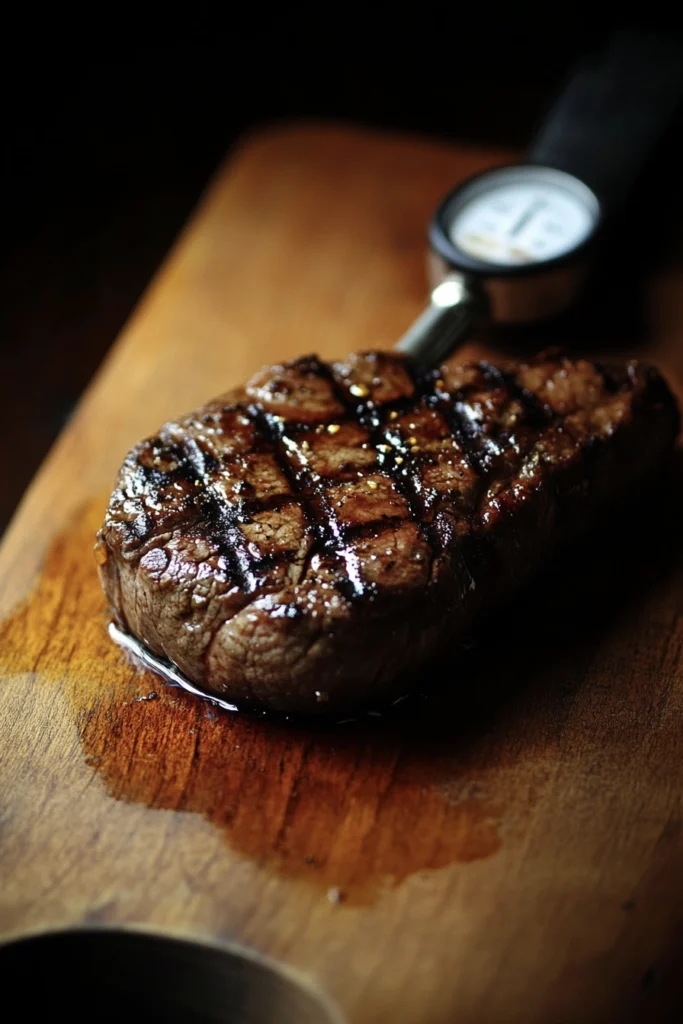
Key Techniques:
✔ Use a Meat Thermometer – This prevents undercooked or overcooked meat. Internal temperatures should be:
- Chicken: 165°F (75°C)
- Beef/Pork (medium): 145°F (63°C)
- Fish: 145°F (63°C)
✔ Let Meat Rest – After cooking, let meat sit for 5-10 minutes before slicing to retain juices.
✔ Sear First, Then Finish Cooking – For the best flavor, sear meat in a hot pan before finishing in the oven.
✔ Don’t Flip Too Early! – Let the meat develop a nice golden crust before flipping.
💡 Pro Tip: Marinate tougher cuts of meat overnight in an acidic marinade (like lemon juice or vinegar) to tenderize them.
3. Perfecting Rice & Pasta
Rice and pasta are staple foods, but they can be easy to mess up. Learning to cook them correctly will improve your meals dramatically.
Cooking Rice:
✔ Use the Right Ratio – Standard is 1 cup rice to 2 cups water (adjust based on rice type).
✔ Don’t Peek! – Lifting the lid releases steam and can cause uneven cooking.
✔ Fluff, Don’t Stir – Use a fork to fluff rice after it’s done to prevent clumping.
Cooking Pasta:
✔ Use Plenty of Water – This prevents sticking and ensures even cooking.
✔ Salt the Water! – It enhances the pasta’s flavor.
✔ Save Some Pasta Water – A splash of starchy water helps thicken sauces and make them cling to the pasta better.
💡 Pro Tip: Rinse rice before cooking to remove excess starch, making it fluffier. Never rinse cooked pasta, it removes the starch needed for sauce absorption.
4. Making a Basic Sauce
A great sauce can transform any meal. Mastering a few simple ones will make you a more confident cook.
Essential Sauces to Learn:
✔ Pan Sauce – After searing meat, add broth, wine, or cream to the pan and scrape up the browned bits for a rich sauce.
✔ Vinaigrette – A simple salad dressing made with 3 parts oil to 1 part vinegar, plus seasoning.
✔ Béchamel (White Sauce) – The base for creamy pasta sauces, mac and cheese, and lasagna.
✔ Tomato Sauce – A simple mix of tomatoes, garlic, olive oil, and basil makes a great pasta sauce.
💡 Pro Tip: If your sauce is too thin, simmer it longer or add a cornstarch slurry (1 tsp cornstarch + 2 tsp water).
5. Understanding Heat & Timing
Cooking is all about controlling heat. Knowing when to use high or low heat will prevent burned or undercooked food.
Types of Heat:
✔ High Heat (Searing & Browning) – Used for steaks, stir-fries, and sautéing.
✔ Medium Heat (General Cooking) – Used for soups, sauces, and vegetables.
✔ Low Heat (Simmering & Melting) – Used for slow-cooked dishes, stews, and melting chocolate.
💡 Pro Tip: If cooking something delicate (like eggs or fish), start with low heat and gradually increase if needed.
6. Baking Basics
Even if you don’t bake often, knowing a few basics will help with cookies, cakes, and breads.
Baking Rules to Remember:
✔ Measure Accurately – Unlike cooking, baking is a science! Use measuring cups and a kitchen scale.
✔ Room Temperature Ingredients – Butter and eggs mix better when not cold.
✔ Don’t Overmix – Overworking dough can make baked goods tough.
✔ Preheat the Oven – Baking requires precise temperatures, so always let your oven fully preheat.
💡 Pro Tip: If baking powder or baking soda has been sitting in your pantry for over a year, replace it—it loses its effectiveness.
7. Meal Prep & Planning
Meal prep makes cooking easier and ensures you always have something ready to eat.
How to Meal Prep Like a Pro:
✔ Plan Your Meals for the Week – Write a list of what you’ll cook to avoid last-minute stress.
✔ Batch Cook Staples – Cook big batches of rice, chicken, or veggies to use throughout the week.
✔ Use Proper Storage – Store ingredients in airtight containers and label leftovers with dates.
✔ Freeze Smartly – Freeze soups, sauces, and pre-cooked meals in portions for quick dinners.
💡 Pro Tip: Chop onions, garlic, and bell peppers in advance and store them in the fridge or freezer to save time during the week.
Final Thoughts
Mastering these 7 essential cooking skills will make your time in the kitchen easier, more enjoyable, and more rewarding. Even small improvements—like properly using a knife or understanding heat—can make a big difference in your cooking.
Which of these skills do you want to master first? Let me know in the comments! 😊


